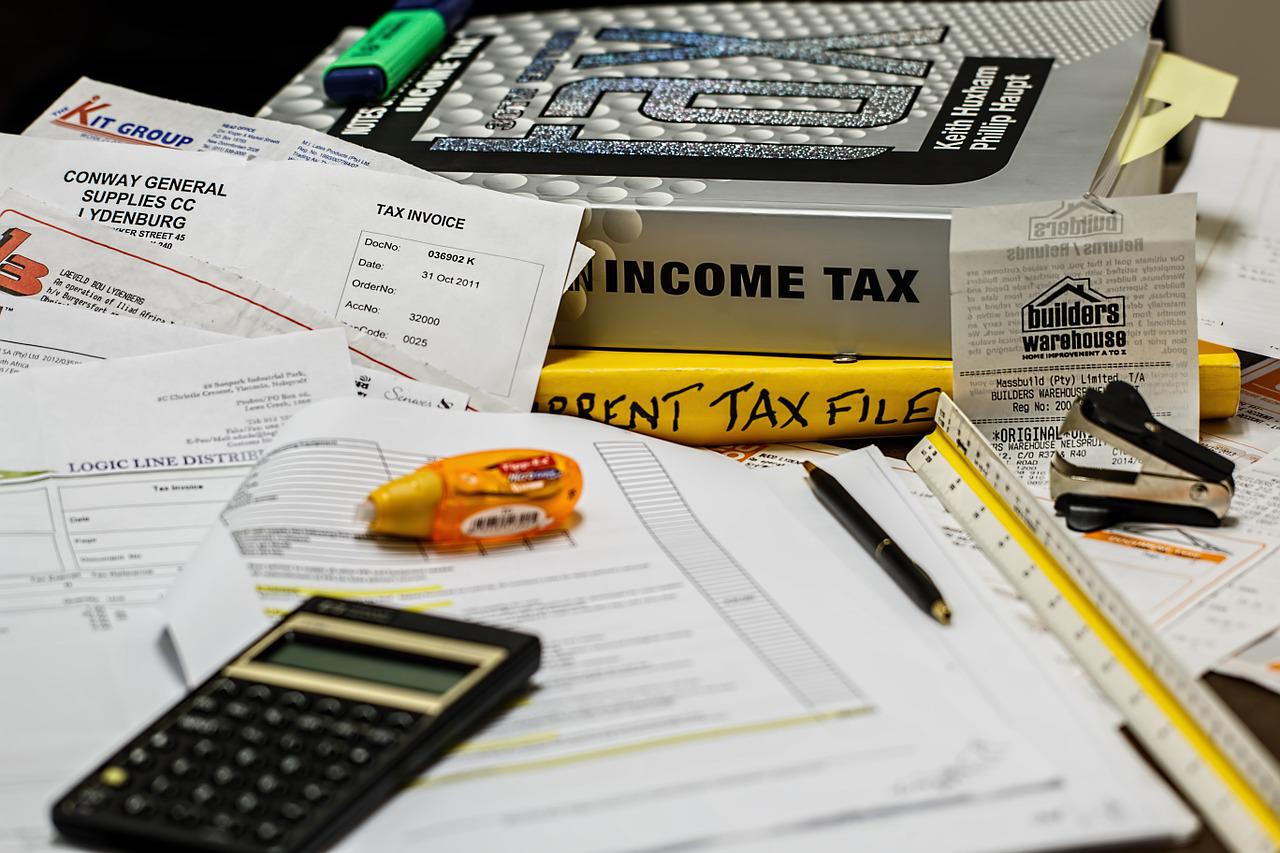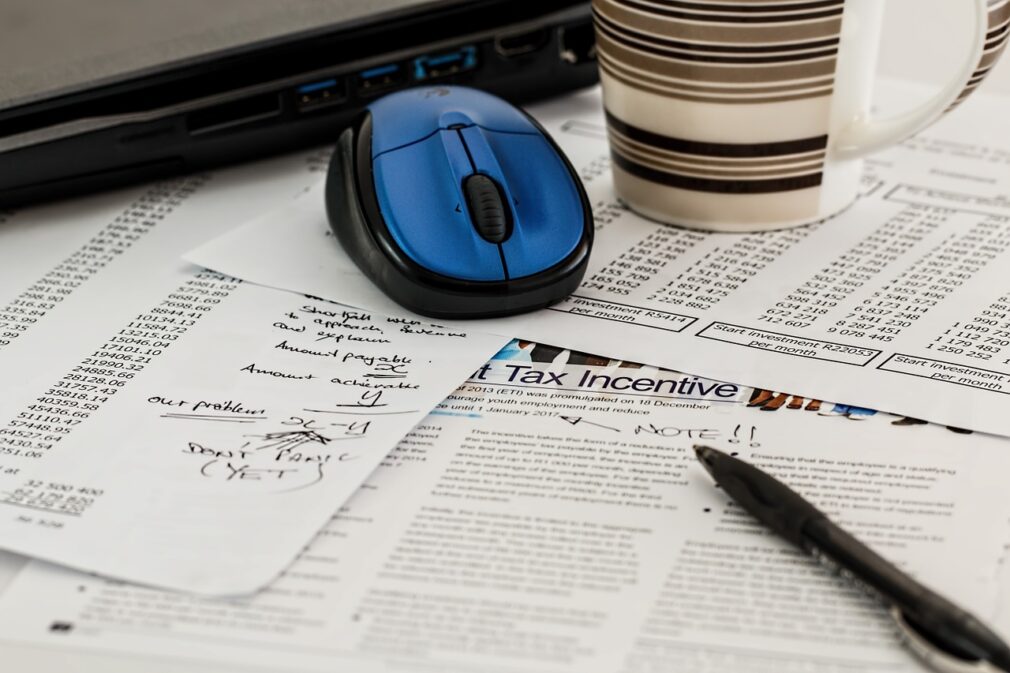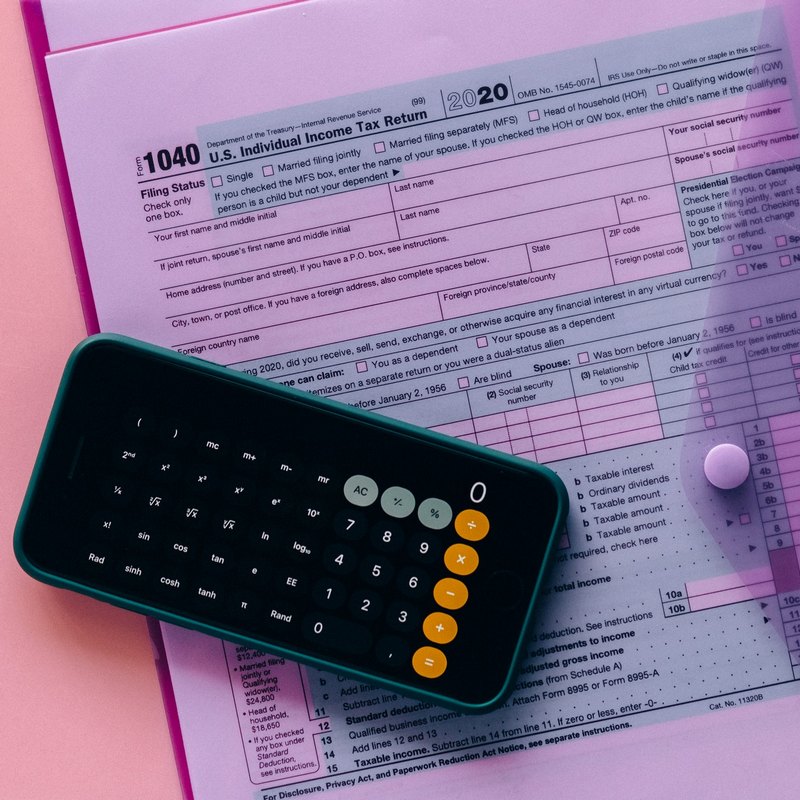Everything You Need to Know About Income Tax in Canada
2022-07-17 | taxes | No Comments

Taxes in Canada are quite high and many are curious about how taxes work in Canada. In this post, we will discuss federal and provincial taxes, as well as capital gains tax and how it applies to cryptocurrency. We will also provide a general overview of the taxation process in Canada, so that you can understand exactly what you need to do come tax time. Keep reading for more information!
As mentioned earlier, taxes in Canada are quite high. The federal government imposes a tax on most goods and services sold in Canada, as well as on income earned by Canadian residents. The provincial governments also impose their own taxes, which can vary depending on the province or territory. In addition to these two types of taxes, there is also a capital gains tax, which is imposed on profits made from selling investments such as stocks, bonds, and real estate.
Income tax in Canada is a levy imposed by the federal government on individuals and corporations. The amount of tax you pay is based on your income and province of residence. In most provinces, the tax rates are progressive, meaning that the higher your income, the higher your tax rate will be.
The first step in filing your taxes is to calculate your gross income. This includes all sources of income, such as employment income, investment income, and pension or retirement income. Once you have calculated your gross income, you will then need to deduct any eligible expenses. These can include things like business expenses, union dues, and child care expenses. After deducting eligible expenses, you will then calculate your taxable income.
Once you have calculated your taxable income, you will then need to determine your tax rate. This is based on the province or territory in which you reside. The federal government sets the tax rates for each province and territory, but the provinces and territories have the authority to set their own personal income tax rates.
After you have determined your tax rate, you will then need to calculate your taxes payable. This is done by multiplying your taxable income by your tax rate. For example, if you have a taxable income of $50,000 and a tax rate of 20%, your taxes payable would be $50,000 x 20% = $10000.
Once you have calculated your taxes payable, you will then need to file a tax return with the Canada Revenue Agency (CRA). This can be done online, by mail, or in person. The CRA will then assess your tax return and issue a notice of assessment. This will tell you how much tax you owe or if you are entitled to a refund.

Canadian Taxes and Cryptocurrency
Now that we have discussed the different types of taxes that you may be required to pay in Canada, let’s take a look at how Canadian taxation works in cryptocurrency. When it comes to Bitcoin and other cryptocurrencies, the Canadian government has not yet provided any clear guidance on how they should be taxed. However, it is generally accepted that capital gains tax should be applied to any profits made from selling cryptocurrency.
Fines For Not Paying Taxes In Canada
Canada has a number of fines and penalties for taxpayers who don’t comply with the country’s tax laws. The most common penalty is called the “failure to file” penalty, which is charged when a taxpayer doesn’t file their taxes on time. This penalty is 5% of the unpaid tax bill, plus 1% of the unpaid tax bill for each month that the return is late, up to a maximum of 12 months. There are also penalties for “failure to pay” and “understating taxes payable.” The failure to pay penalty is 2% of the unpaid tax bill, plus 1% interest per month on the unpaid amount. The understating taxes payable penalty is 4% of the understatement, plus 1% interest per month on the unpaid amount. Lastly, there are also criminal penalties for tax evasion, which can include fines and jail time.
If you are interested in learning more about taxation in Canada, we suggest speaking with a qualified accountant or tax lawyer. They will be able to provide you with the most up-to-date information and help you understand the taxation process in Canada. Now that you know everything you need to know about taxation in Canada, you can start planning for tax time!


